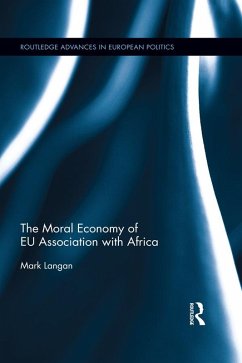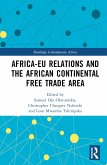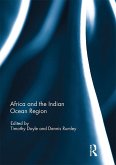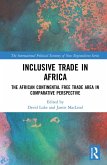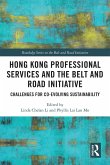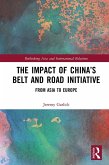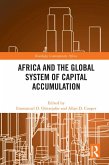Applying a moral economy perspective, this book examines the tangible impact of Africa-Europe trade and development co-operation on citizens in developing countries. In so doing, it challenges liberal accounts of Europe's normative power to enable benevolent change in the Global South and illuminates how EU discourse acts to legitimise unequal trade ties that have regressive consequences for 'the poor'. Drawing upon the author's own fieldwork, it assesses the difference between norms and the actual impact of EU concessions in relation to:
- budget support;
- aid for trade;
- private sector development (PSD);
- decent work.
It concludes by considering the value of a moral economy approach in the assessment of free trade structures more widely.
Dieser Download kann aus rechtlichen Gründen nur mit Rechnungsadresse in A, B, BG, CY, CZ, D, DK, EW, E, FIN, F, GR, HR, H, IRL, I, LT, L, LR, M, NL, PL, P, R, S, SLO, SK ausgeliefert werden.

